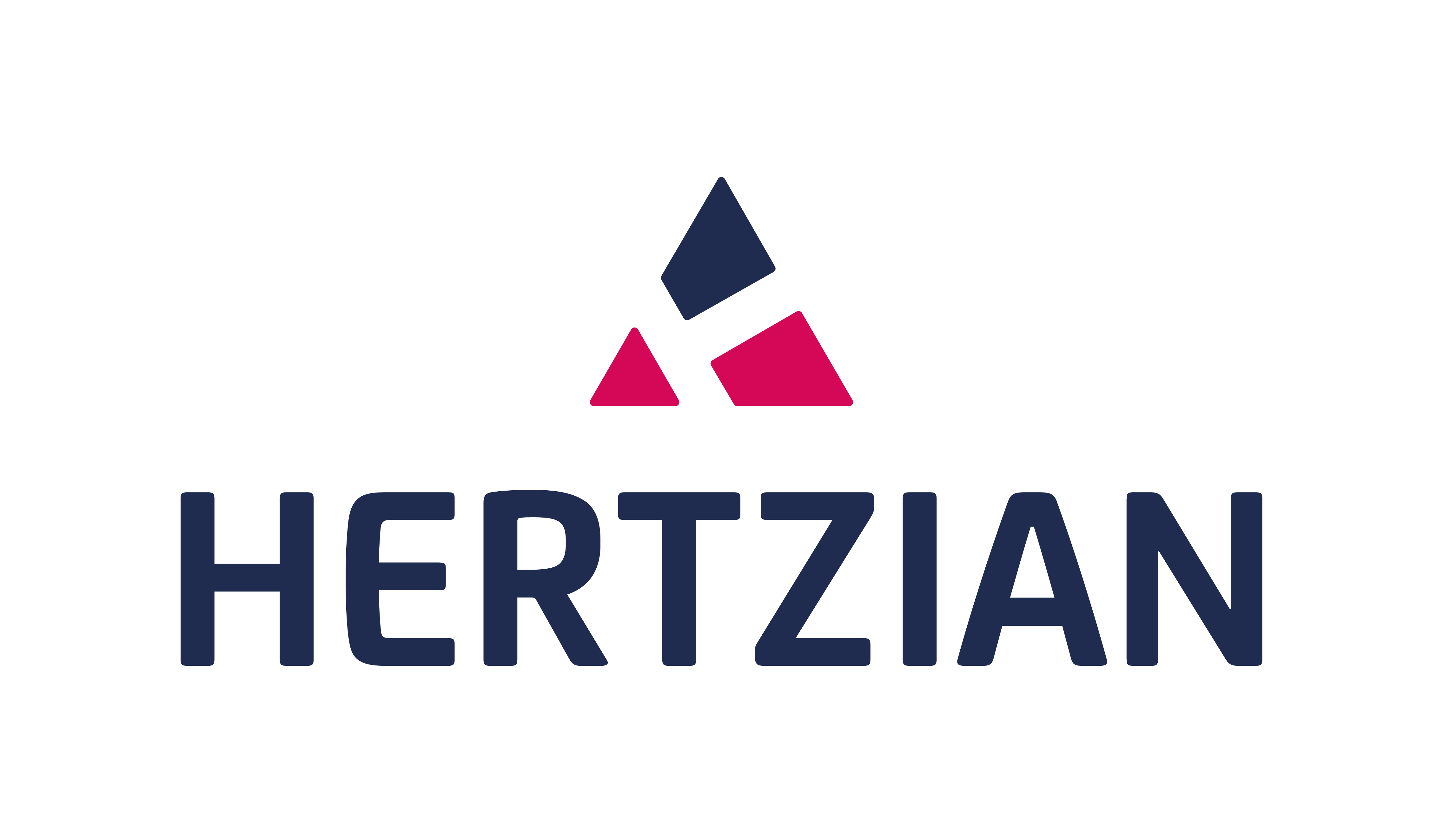
Hey! 👋
The United Nations published the following: ‘Artificial Intelligence (AI) has the potential to address some of the biggest challenges in education today, innovate teaching and learning practices, and accelerate progress towards SDG 4.’
So, this is certainly a hot topic right now, and education of AI is key to help more people benefit from positive applications. However, I must mention the elephant in the room: bias in AI training data, particularly against women. It's no secret that the data we feed into our AI algorithms often reflects the biases and inequalities present in society. From hiring practices to healthcare decisions, these biases can have far-reaching consequences, perpetuating inequality and hindering progress.
But here's the thing: awareness is the first step towards change. In this blog, I am shining a spotlight on the issue of gender bias in AI training data and will explore strategies for addressing and mitigating this bias. I will also be speaking to companies increasing the educational opportunities to learn about AI.
Firstly, how can bias, and in particular gender bias be mitigated in the AI development cycle? To answer this, we need to understand what the AI development cycle looks like? Well here it is…

Conceptually try to think of an AI project life cycle as sequential progression of tasks and decisions which drive the end deployment of an AI solution.
While bias needs to be considered at all stages, the most critical is the data acquisition and model training phases. How can you navigate the bias minefield?
1. Diverse and Representative Data: It's all about casting a wide net. Ensure your training data reflects the diversity of the population it serves, including diverse perspectives, experiences, and yes, genders. Take a holistic approach to data collection, drawing from various sources and demographics to paint a complete picture.
2. Bias Detection Tools: Implement bias detection tools to sift through your data with a fine-tooth comb. These help to flag potential biases lurking in your dataset, giving you a chance to course-correct before it's too late.
3. Algorithmic Audits: Think of it as a check-up for your algorithms. Conduct regular audits to evaluate the performance of your models and sniff out any biases that may have slipped through the cracks. This ongoing monitoring ensures your AI system stays on the straight and narrow.
4. Diverse Development Teams: Two heads are better than one, but a diverse team? That's the dream team! #teamworkmakesthedreamwork. Bring together a mix of perspectives, genders, and backgrounds to develop and train your AI models. By incorporating diverse voices into the process, you'll be better equipped to identify and address biases from the get-go.
From algorithmic audits to diversity-aware data collection techniques, these are all steps how we can ensure that our AI systems are not just smart, but also fair and inclusive.
So, how can AI knowledge be shared? A great example of this is Hertzian’s Academy of AI.
The Academy of AI is working with Truro College to deliver industry relevant courses, and Hertzian’s AI curriculum is taught at the college. The benefit is that students are receiving an industry-leading curriculum helping them prepare for the digital workforce and be better prepared to understand how AI applications can help in their future job roles. In fact, Hertzian is proud to say that every Hertzian Apprentice has graduated into full-time roles at the company, a testament to the quality of the education.
Truro College shared: “Recognised by the UK Government as one of the country’s leading Artificial Intelligence (AI) companies, Hertzian provides outstanding opportunities for Apprentices in Marketing and Software Development to gain valuable experience working with clients such as the NHS, Warner Brothers and Riot Games. Every Apprentice at Hertzian has delivered so much value to the business they have all moved onto permanent employment within the company, continuing their professional development through the Hertzian Academy of AI programmes.”
In summary, increasing education about AI (a perfect opportunity is the upcoming AI summit) and making sure those designing and testing AI tools are bias aware, and take action to mitigate the risks, are all steps which improve AI’s applications.
By taking these steps, we can create a more inclusive and equitable AI ecosystem—one where bias takes a backseat and opportunities for learning and innovation are open to all.
Written by Tanuvi Ethunandan
Product Manager at Hertzian